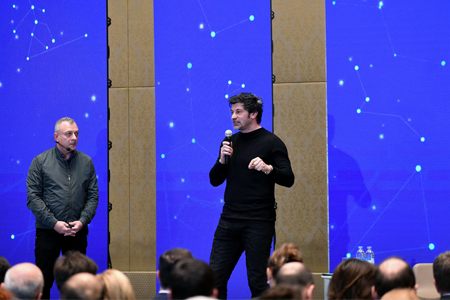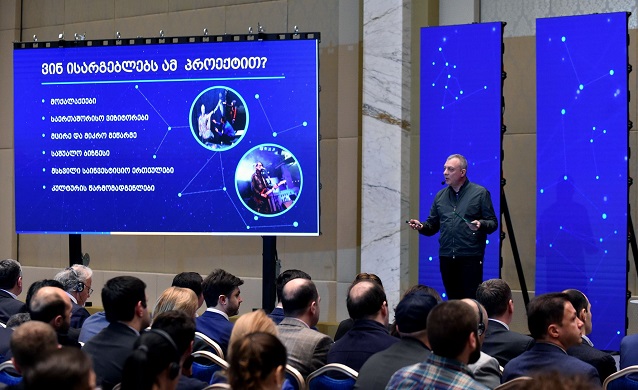Tbilisi 24/7: how does Georgia plan to develop a night-time economy?

Following in the footsteps of many European cities, Georgia’s capital of Tbilisi plans to revive nightlife and the night time economy of the capital which is a significant contributor to a city’s economy.
Tbilisi City Hall presented the concept plan for developing night-time economy in Tbilisi today, which includes the creation of night cinemas, night museums, libraries, music venues and importantly, night transport service.
Night-time economy is a category of economic activity that occurs after 5 p.m. and includes dining, nightlife, arts, music, theatre, entertainment, festivals, events, activities and tourist attractions that are open at night.
Last month Tbilisi Mayor Kakha Kaladze presented TV producer and musician Sergi Gvarjaladze as the head of the night-time economy concept development project. Today, Gvarjaladze announced some of the "steps that should be taken during the next six months”.
First of all we need very detailed research to find out in which direction the night-time economy should be developed in the city. After 8 pm, different kinds of economic activities start in the capital city and the role of some sectors becomes more important. For example, demand on entertainment and cultural activities is high during this time. Any type of economic activity during this time is part of the night-time economy”, said Gvarjaladze.

Today, Sergi Gvarjaladze announced some of the "steps that should be taken during the next six months”. Photo: Kakha Kaladze/Facebook.
The concept of night-time economy development includes noise regulation, cultural and art industry development and the equal development of every district of Tbilisi.
Kaladze said that Tbilisi City Hall and Georgia’s Ministry of Internal Affairs were cooperating to improve the safety standards in the city and especially during late hours.
Kaladze also said that a night-time economy would help Tbilisi attract more tourists and make them interested in staying in the city longer.
We need to create all conditions for tourists to stay longer in Tbilisi, because even one more day spent in our capital is additional income for the city”, Kaladze said.
Kaladze added that to achieve all these goals Tbilisi City Hall cannot work alone, but must work together with local business society and international donor organisations.
Over the past decade, there has been dramatic growth of night-time economies in the world, representing a valuable asset to local and national economies through job creation, revenue and providing opportunities for people to socialise.
Night-time economy brings impressive income for cities, such as:
- London - £26.3 billion
- New York – $10 billion
- Berlin - €12 billion
 Tweet
Tweet  Share
Share